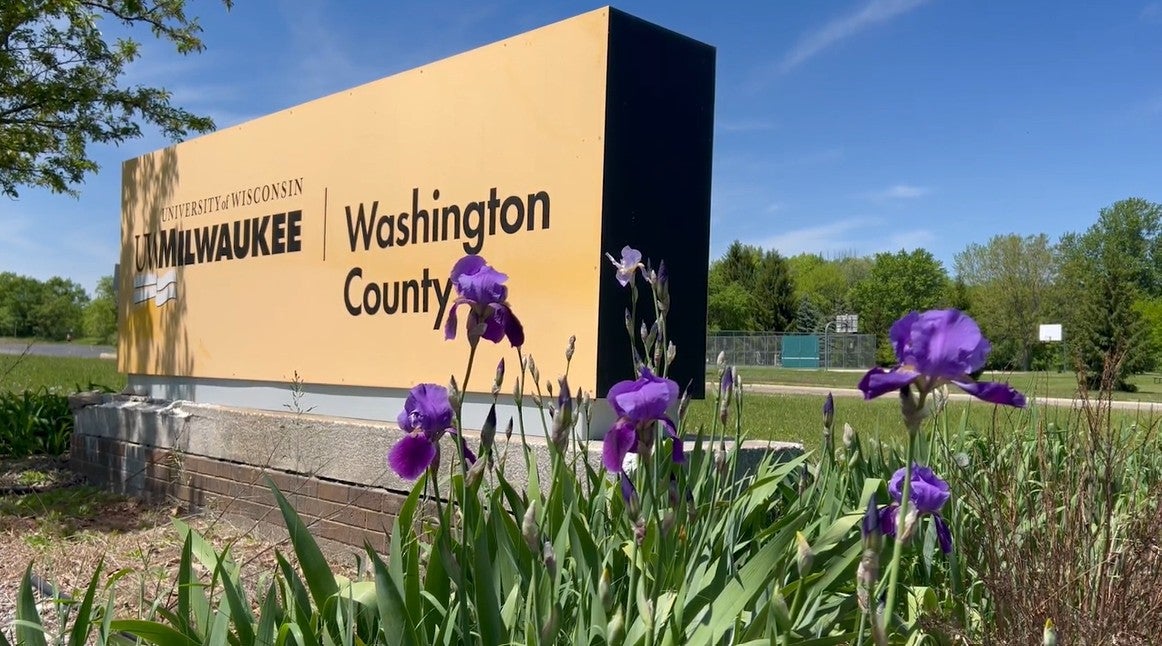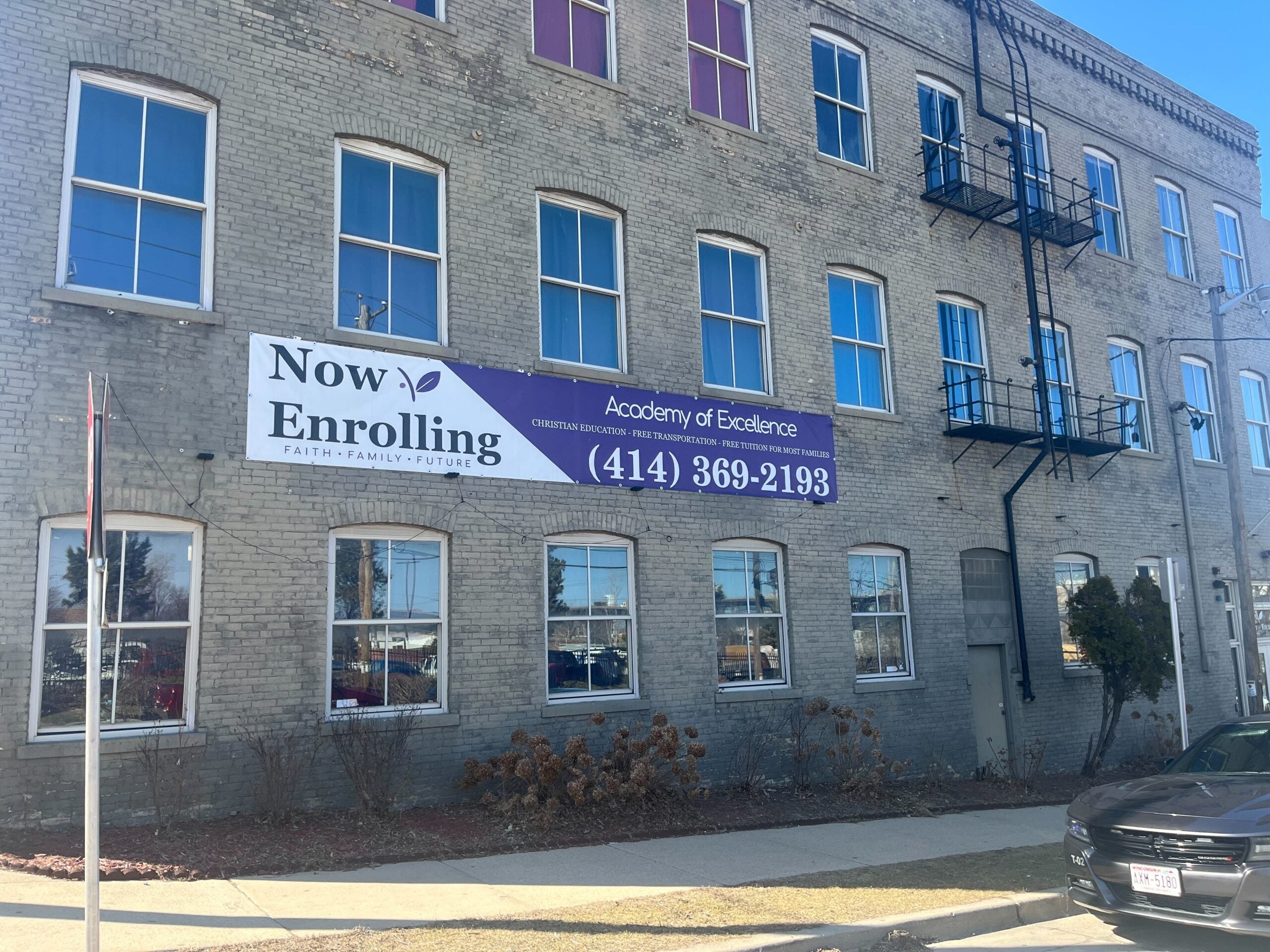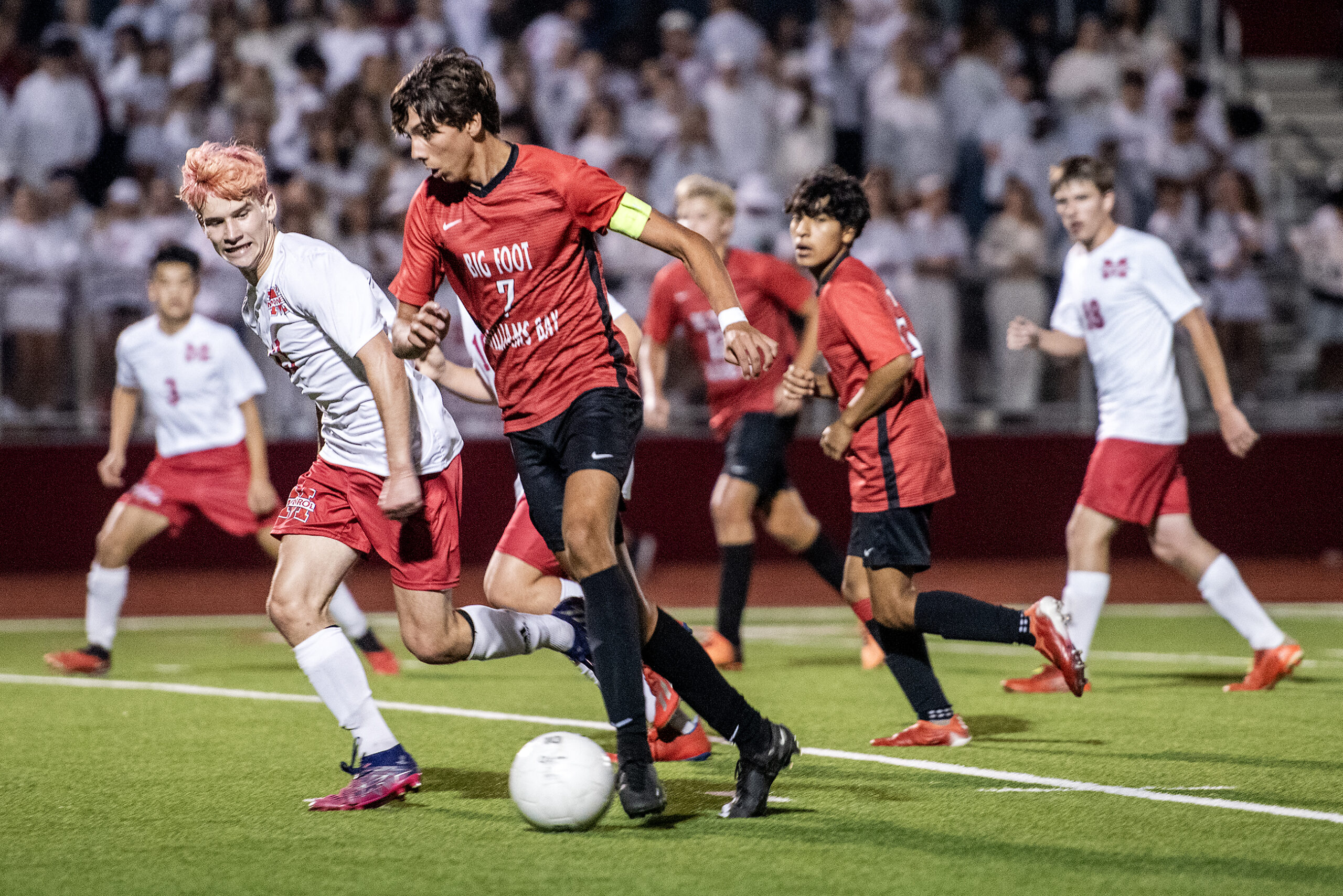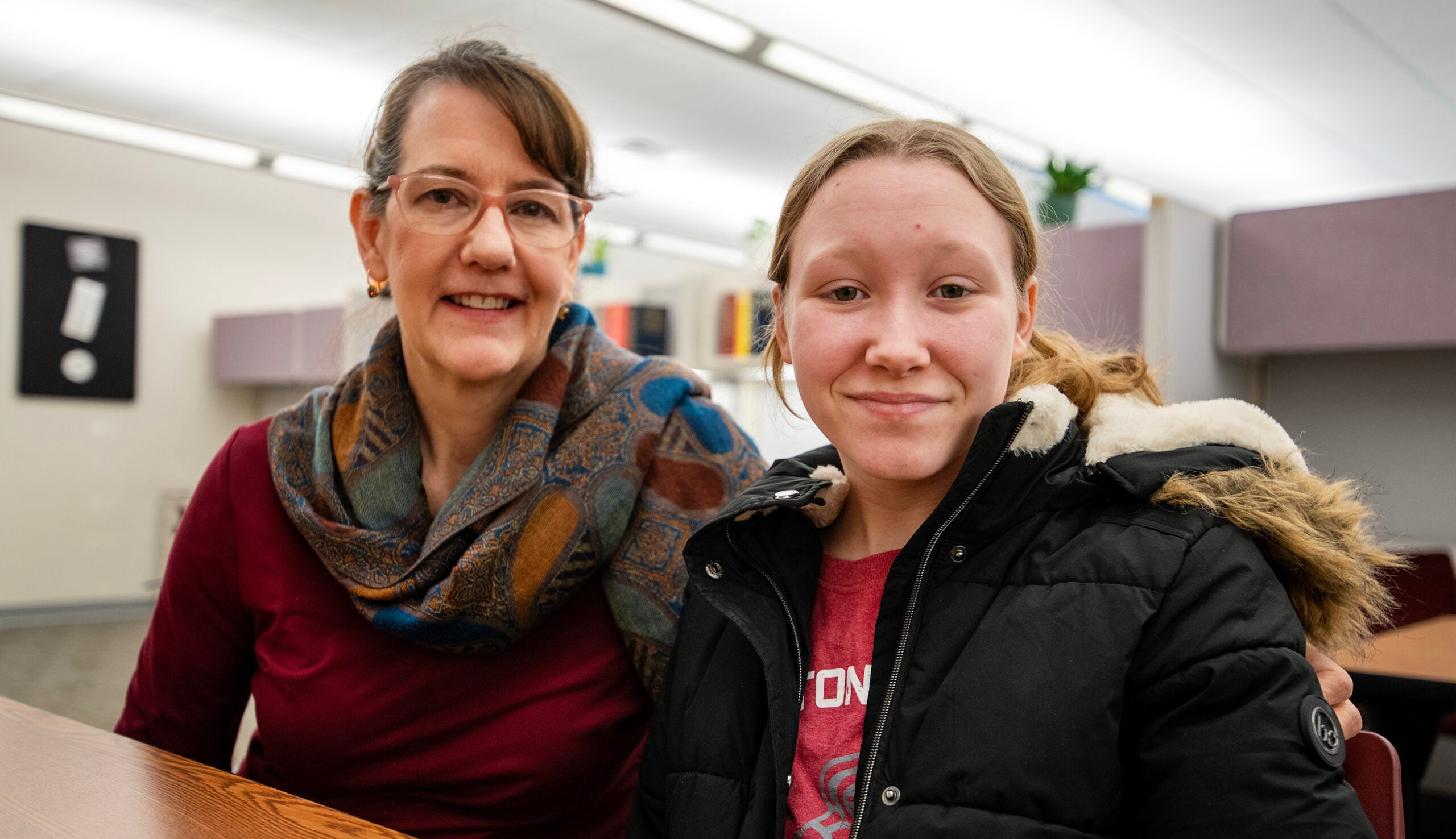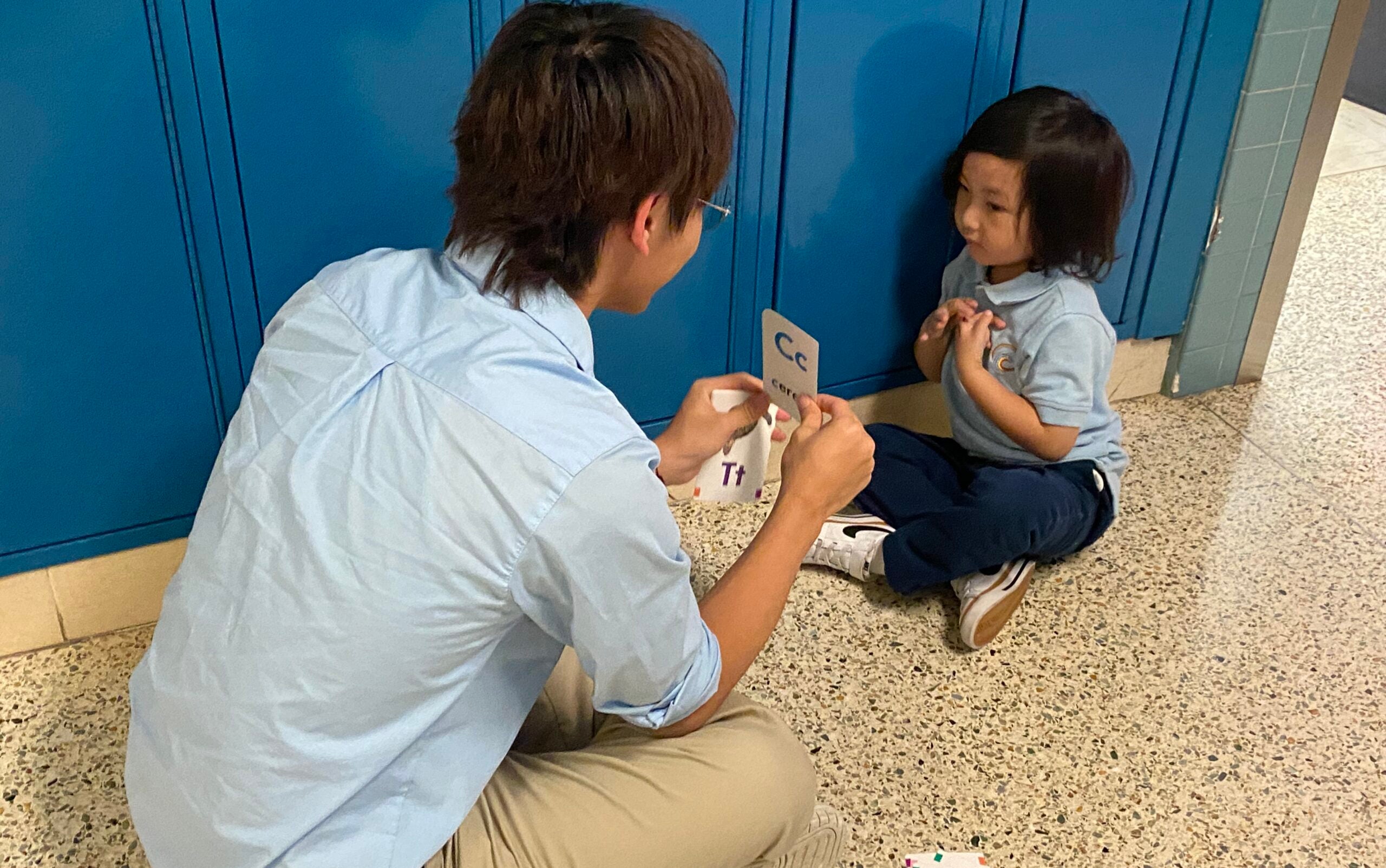Social anxiety kept Abby Wallace from starting out at a traditional high school.
Instead, Wallace, 18, attended an online “zoom school,” with about 300 others. She learned quickly that only raised her level of anxiety.
Next, Wallace attended a private Catholic high school in Milwaukee. That experience wasn’t the right fit.
Stay informed on the latest news
Sign up for WPR’s email newsletter.
“It was a lot of trial and error to figure out what I needed,” Wallace said. “In online school I realized I needed to be around other students. Traditional school didn’t work, but it helped me realize I like a lot of creative stuff.”
Wallace landed at Pathways High in Milwaukee her junior year and found the charter school was exactly what she needed.
“You have a whole lot more freedom to choose what you want to do,” Wallace said. “Here I get to do writing, I get to do theater. I get to do speech. Everything I like.”
Pathways High was designed by a group of parents who were semi-finalists for a $10 million XQ grant in 2016.
The XQ Super School Project was founded by Laurene Powell Jobs, the widow of Apple co-founder Steve Jobs. The goal is to give schools serving student populations that are predominantly low-income and/or students of color money to reimagine how they teach.
Pathways High didn’t ultimately receive the grant. But the parents kept working on their idea and applied for a charter through the University of Wisconsin-Milwaukee.
The school opened its doors to 86 high school students in August 2017.
Pathways High now has about 170 students and is located on Milwaukee’s west side.
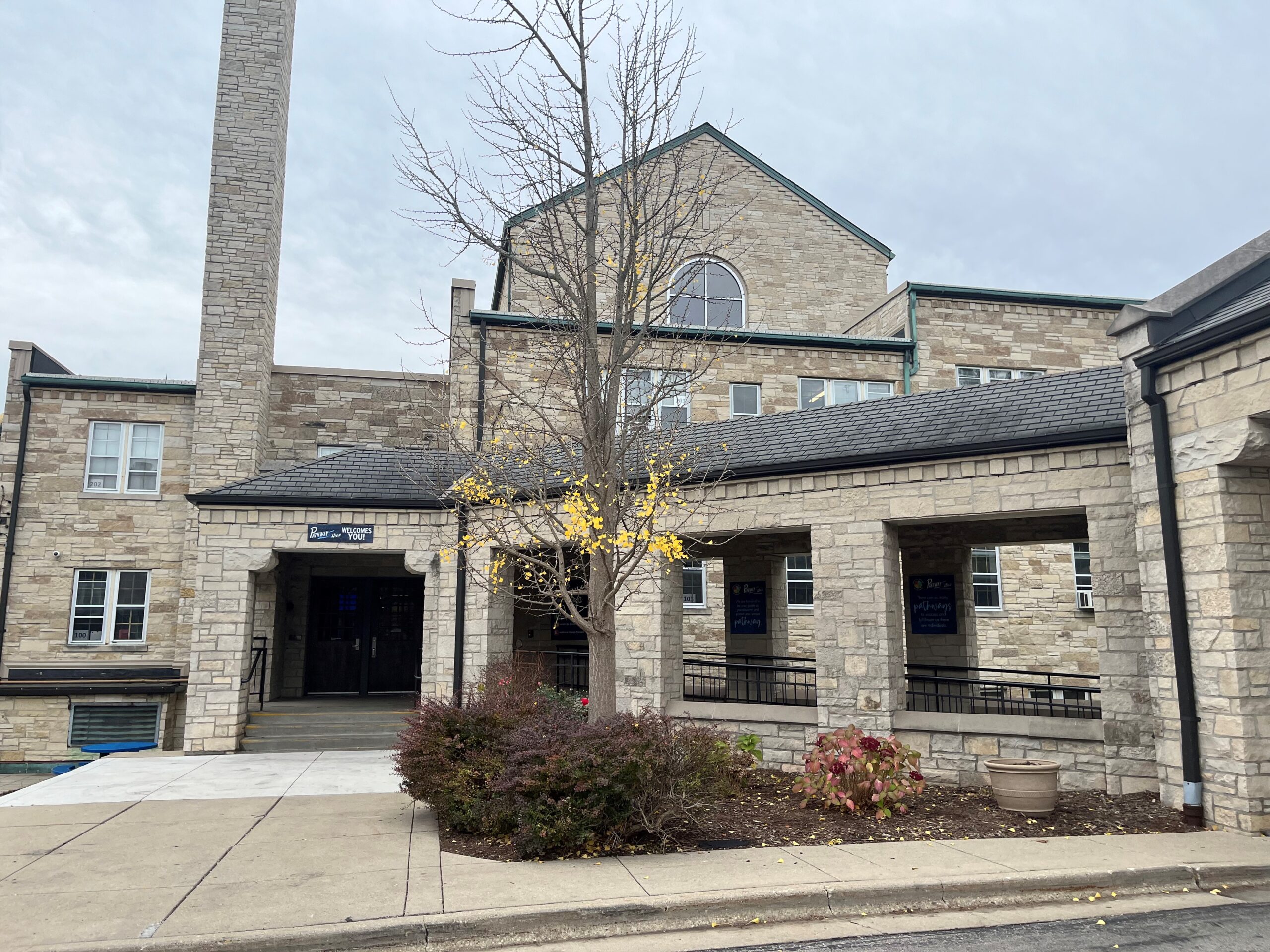
Pathways focuses on project-based learning. Instead of taking a traditional math class, students might go to the Urban Ecology Center and take a science, math and English class together, doing experiments and then writing about what they learned, said Julia Burns. She is one of the school’s founders and now serves on the board of directors.
“We’re trying to mirror the real world in terms of the application of learning, as well as the connections to people who are doing that type of work,” Burns said.
But just because Pathways is career focused doesn’t mean the students are expected to go directly from high school into the workforce, Burns said.
The goal instead is to help teens have a better idea of what they want to do if they do go to college rather than starting college without a goal in mind.
To help students make that transition, Pathways pays for students to take six credits at Milwaukee Area Technical College or UW-Milwaukee during their senior year in high school. The school then offers students an optional fifth year of high school, called an impact year.
For those who chose that option, Pathways will pay for the student to go to college part time.
“If they are strategic about it, they can leave here with 18 credits,” said Julia Mach, senior advisor and coordinator for the Impact program.
Usually about half of the 30 graduating seniors take an impact year, Mach said.
“I always like to ask parents and students, when they’re trying to decide about impact, ‘Did you know what you wanted to do when you went to college?’” Mach said. “Most people, like me, didn’t. I went to college for nursing. Clearly that didn’t work out.”
Mach said the benefit of the program is that students can explore different areas with Pathways paying the tuition.
That’s what Wallace is doing now. She knows she wants to do something in theater. Whether it be behind the scenes or writing, she’s not sure.
During her impact year, Wallace is working at the Milwaukee Repertory Theater and exploring creative writing while taking classes at UW-Milwaukee.
Tate Goetsch, 19, is in his fifth year at Pathways. He’s taking general education classes at UW-Milwaukee, and letting his high school foot the bill.
His ultimate plan is to transfer next year to UW-Stevens Point, his dad’s alma mater.
“It’s really nice to be going to college, but if you don’t know things you can ask Ms. Mach,” Goetsch said. “Like ‘Hey, how do I apply for an internship? Hey, how do I get my transcripts from UWM? It’s really nice to have someone who knows things that are like really important.”
Editor’s note: This story was updated to remove the word “alternative” before charter school. Pathways High is a charter school authorized by UW-Milwaukee.
Wisconsin Public Radio, © Copyright 2025, Board of Regents of the University of Wisconsin System and Wisconsin Educational Communications Board.



